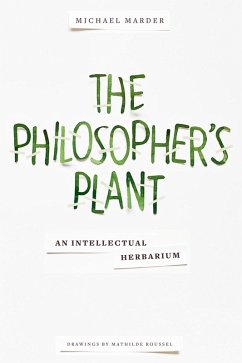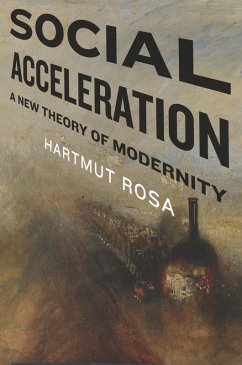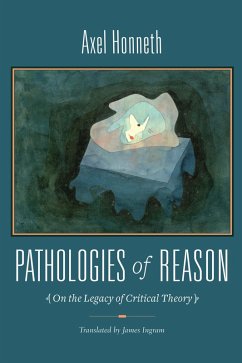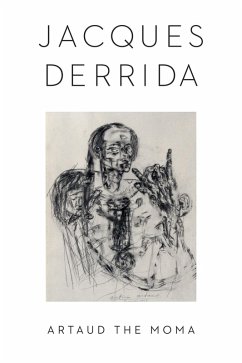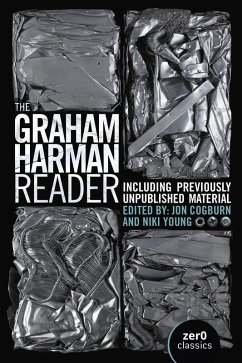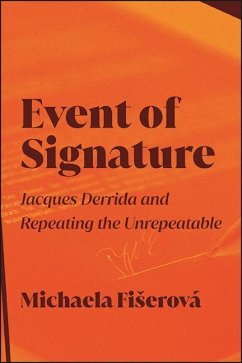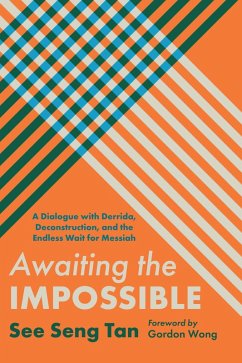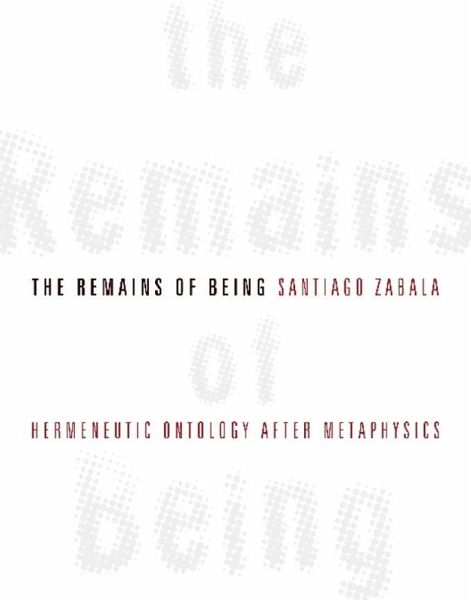
The Remains of Being (eBook, ePUB)
Hermeneutic Ontology After Metaphysics

PAYBACK Punkte
22 °P sammeln!
In Basic Concepts, Heidegger claims that "Being is the most worn-out" and yet also that Being "remains constantly available." Santiago Zabala radicalizes the consequences of these little known but significant affirmations. Revisiting the work of Jacques Derrida, Reiner Schürmann, Jean-Luc Nancy, Hans-Georg Gadamer, Ernst Tugendhat, and Gianni Vattimo, he finds these remains of Being within which ontological thought can still operate.Being is an event, Zabala argues, a kind of generosity and gift that generates astonishment in those who experience it. This sense of wonder has fueled questions ...
In Basic Concepts, Heidegger claims that "Being is the most worn-out" and yet also that Being "remains constantly available." Santiago Zabala radicalizes the consequences of these little known but significant affirmations. Revisiting the work of Jacques Derrida, Reiner Schürmann, Jean-Luc Nancy, Hans-Georg Gadamer, Ernst Tugendhat, and Gianni Vattimo, he finds these remains of Being within which ontological thought can still operate.
Being is an event, Zabala argues, a kind of generosity and gift that generates astonishment in those who experience it. This sense of wonder has fueled questions of meaning for centuries-from Plato to the present day. Postmetaphysical accounts of Being, as exemplified by the thinkers of Zabala's analysis, as well as by Nietzsche, Dewey, and others he encounters, don't abandon Being. Rather, they reject rigid, determined modes of essentialist thought in favor of more fluid, malleable, and adaptable conceptions, redefining the pursuit and meaning of philosophy itself.
Being is an event, Zabala argues, a kind of generosity and gift that generates astonishment in those who experience it. This sense of wonder has fueled questions of meaning for centuries-from Plato to the present day. Postmetaphysical accounts of Being, as exemplified by the thinkers of Zabala's analysis, as well as by Nietzsche, Dewey, and others he encounters, don't abandon Being. Rather, they reject rigid, determined modes of essentialist thought in favor of more fluid, malleable, and adaptable conceptions, redefining the pursuit and meaning of philosophy itself.
Dieser Download kann aus rechtlichen Gründen nur mit Rechnungsadresse in A, D ausgeliefert werden.




